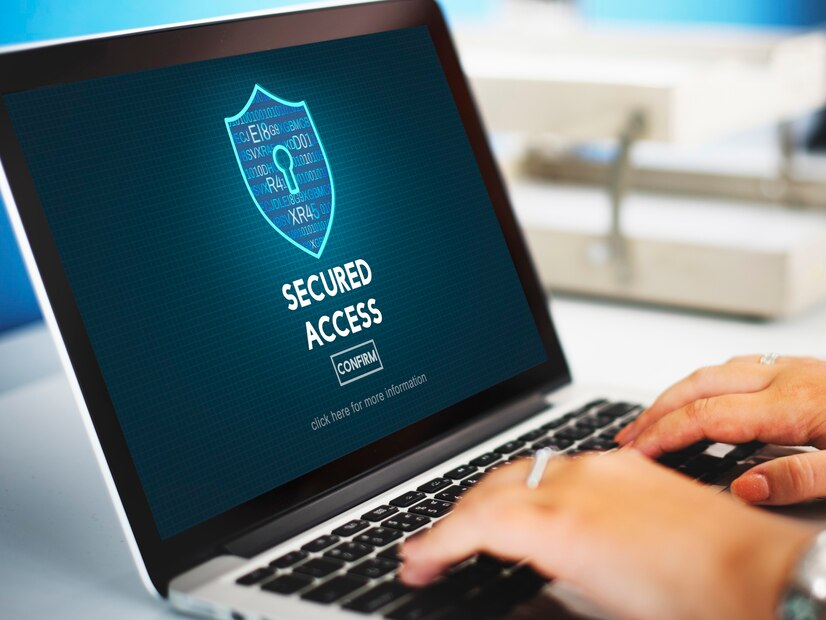In a digital age where privacy invasions and cyber threats are more prevalent than ever before, Virtual Private Networks (VPNs) have become a staple tool for safeguarding digital footprints and ensuring secure online interactions. From browsing the internet anonymously to accessing region-locked content, the benefits of using a VPN are extensive, both for individuals seeking privacy and businesses aiming for strong cybersecurity protocols. This post will guide you through seven crucial ways VPNs bolster security and productivity, giving you a comprehensive understanding of why VPNs are a must in today’s hyperconnected world.
Understanding VPNs: More Than Just a Secure Connection
Before exploring the productivity benefits, it’s essential to grasp what a VPN truly is beyond the jargon. Essentially, a VPN creates a secure and encrypted connection over a less secure network, like the Internet. Think of it as an underground highway where you can securely reach your destination without the pesky helicopters of ISP providers, hackers, government agencies, and marketers following you. It masks your internet protocol (IP) address so your online actions are virtually untraceable. For businesses, implementing a VPN ensures that sensitive data remains confidential, even when accessed through a public network.
1. Secure Data Transmission: Protecting Valuable Information
Data is the currency of the digital world, and safeguarding its transfer is non-negotiable. A VPN encrypts data, transforming it into an unreadable format for unauthorized eyes. For businesses, exploring PrivateVPN for Pennsylvania users or other places where they operate is vital, as it thwarts attempts by cybercriminals to intercept financial transactions and corporate communications. By adopting a VPN, your private information – whether it’s a trade secret or personal financial details – is protected from prying eyes.
2. Access to Restricted Content and Resources
Restrictions on content and services based on location can be a troublesome barrier to accessing essential resources (we’re looking at you, Netflix). VPNs can help users bypass these restrictions by masking their true location. This is incredibly valuable for businesses with a global reach or those outsourcing processes, ensuring that their teams and contractors can access region-specific data and services necessary for operations, no matter where they are located.
3. Anonymity and Privacy Protection
Privacy concerns are at the forefront of every internet user’s mind. A VPN provides anonymity by hiding your IP address and location, preventing websites and service providers from embedding invasive cookies and collecting excessive personal data. For individuals, this means a private browsing experience, while for businesses, it becomes part of the strategy to build and maintain customer trust, demonstrating a commitment to data privacy.
4. Remote Work and Telecommuting
The modern workforce is increasingly diverse, with many employees working from home or in the field. VPNs facilitate secure connectivity to a company’s network no matter where you are. This ensures a secure transfer of data and grants remote employees the same access to company resources as those working from the office, promoting a seamless workflow and maintaining productivity.
5. Secure Communication and Collaboration
Effective team collaboration isn’t bound by physical proximity, but it does require secure channels. VPNs enable encrypted communication, protecting sensitive corporate conversations from eavesdroppers. Businesses can leverage VPNs to safeguard their proprietary information during project discussions, contract negotiations, and other collaborative efforts.
6. Compliance with Data Protection Regulations
Data protection laws, such as the General Data Protection Regulation (GDPR), mandate strict requirements for data handling and security. Businesses that use VPNs are more capable of meeting these compliance standards by encrypting data and employing robust security measures. By adopting a VPN, they demonstrate a commitment to safeguarding customer data and avoiding potential legal and financial repercussions.
7. Cost-Efficiency and Scalability
Implementing VPNs can be significantly cost-effective, especially for small businesses. The investment in a VPN infrastructure is generally lower than the cost of recovering from a data breach. VPNs also offer scalability, growing with your business needs without requiring major overhauls in infrastructure, software, or workforce management.
The scope of VPNs goes beyond mere security; they are pivotal in bolstering productivity and ensuring a seamless digital experience for businesses and individuals alike. By adopting a VPN, you’re proactively securing your digital interactions and leveraging a powerful tool to enhance productivity. Whether it’s ensuring business continuity, securing remote team communications, or accessing global resources with ease, the impact of VPNs on modern-day digital practices cannot be overstated.
Incorporating a VPN into your cybersecurity strategy underscores your commitment to data protection and fosters an environment where work can be conducted with peace of mind. In a world where digital assets are just as critical as physical ones, a VPN is more than a necessity; it’s a smart business decision that paves the way for a secure and productive future.

































